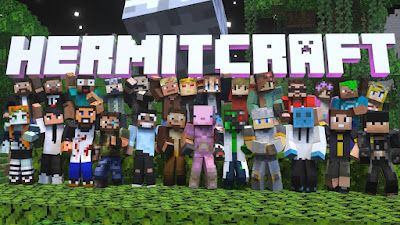OSR Rules Families: FAQ & Methodology
Thank all y’all so much for the kind words and feedback on my big math problem! Let’s just get into it: in this post, I’m going to answer some frequently asked questions and also describe the methodology of the project. Click here to view the previous post . Frequently Asked Questions Q1: What do the dimensions on the graph represent? I don’t know, you tell me! The graph does not visualize any specific dimensions or variables, but only the relative distance between each ruleset and the average of each ruleset cluster. It's technically based on principal component analysis of the different dimensions, such that the percentages on each axis represent the percent similarity encoded by that axis—but it's not very useful at a glance, since it's based on a mishmash of different dimensions with different weights. However, you could still extrapolate some relationships between rulesets on different sides of the graph, especially because whatever is on one side is different fro...
